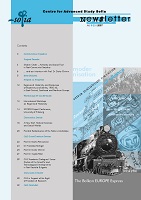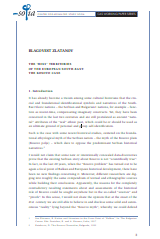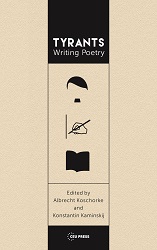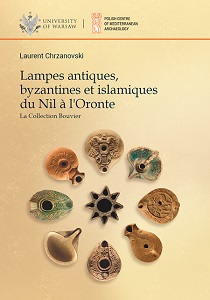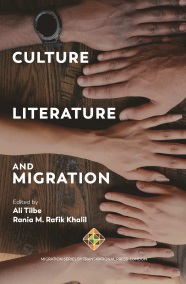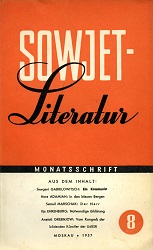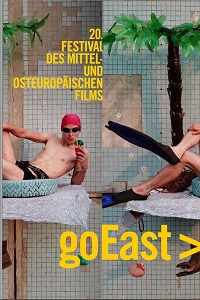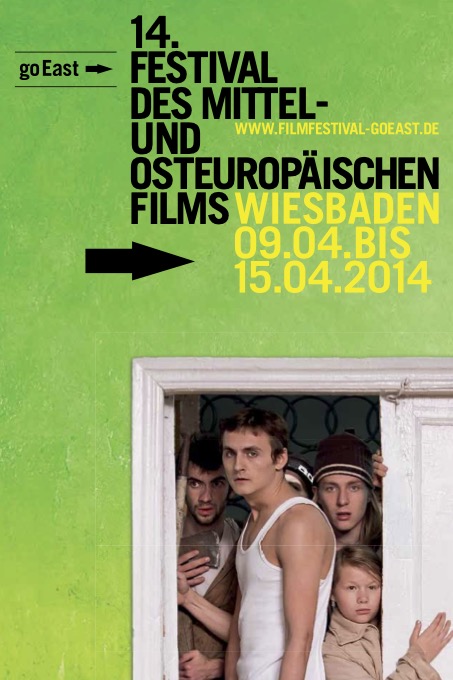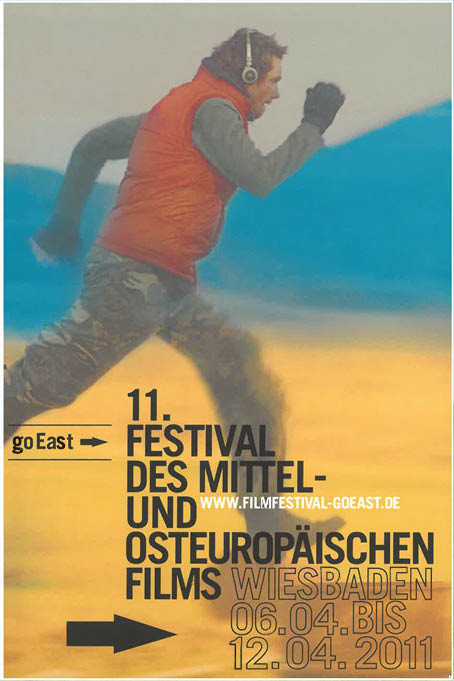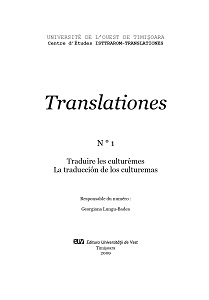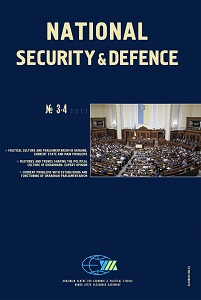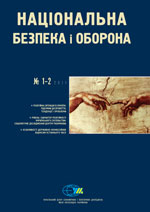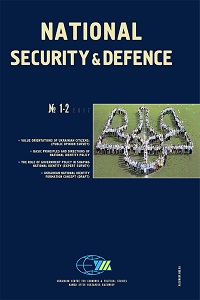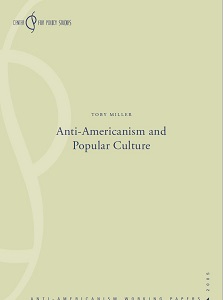HELSINŠKE SVESKE №01: Serbian Elite
Author(s): Olivera Milosavljević,Radmila Radić,Obrad Savić / Language(s): English
Keywords: Serbia; memorandum; responsibility; SANU; regime; Serb question; political history; Slobodan Milošević; national program;
(English edition)
The Serbian Academy of Sciences and Arts (SANU) came to the political forefront some 10 years ago. Criticized by the “old regime” for the manner in which it raised the Serb question and its project of national homogenization (1986), and then encouraged by the “new regime” to continue its efforts, the Academy as an institution consented in the most critical years which determined the future of the common Yugoslav state (1987-1991) to act as a “collective mind” in judging and positively evaluating the execution of the “project” by Slobodan Milošević. It was this moment in the Academy’s political activity that caused internal turmoil and led to the crystallization of several groupings within its politically active membership. If the primary rift in 1992 was marked by being for or against Milošević personally, with both sides on the whole approving his “national project,” the breach is now much deeper at all levels. Nowadays the opinions of the members of the Academy differ on virtually all issues: the evaluation of Milošević’s rule, the point at which it became “bad” or “less bad,” the role of the Academy in society, the Memorandum, the nature of the wars in Yugoslavia, what constitutes victory or defeat, the importance and responsibility of intellectuals, population problems, and even election of their own officers. The Academy no longer comes out with common political stands, its present and former presidents deny that it is a “collective mind” and often cite ignorance of the situation as the reason why they cannot make public statements. Members even react to addresses delivered by officers at the Academy’s assemblies and meetings. It is therefore impossible today to reply to questions regarding the political orientation of the Academy, whether or not it at present has a “national program,” how it envisages Serbia’s future, since one would inevitably have to ascribe the views of a particular group of politically active academicians to the institution as a whole. Just as there was no doubt that such a group existed up to 1991 and encountered little overt opposition within the Academy, it is now certain that there are no more undisputed (national-political) authorities in the institution; only individuals remain with their personal opinions which are binding on no one but themselves. After a long series of failures, erroneous prognoses and an impermissibly uncivilized public settling of accounts, their personal authority as the “minds of the nation” has at best been seriously shaken, if it exists at all. For the reasons cited above, this paper is an overview of the stands predominating among the leading members of the Academy, its former and current presidents, and the stands of the politically active academicians. These academicians were in what used to be the dominant current in the Academy and are now only individuals who have closed their political circle – from their former belief that the generation which was nearing its allotted span had been called upon to reveal to the nation the road it should take, to the realization that the responsibility for all the defeats that have occurred in the meantime lies either on one man or is “collective.” Of their once staunch support for Slobodan Milošević, all that remains are their confused replies to the question: “Why do I protest?”
More...
